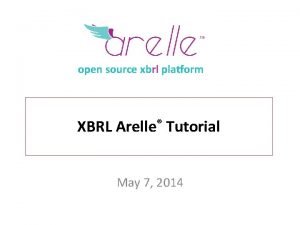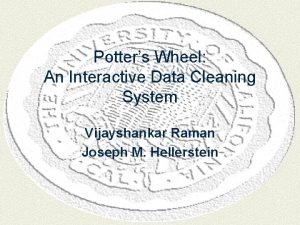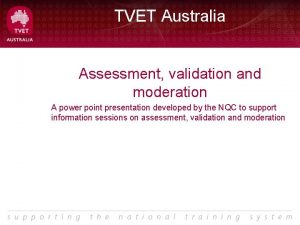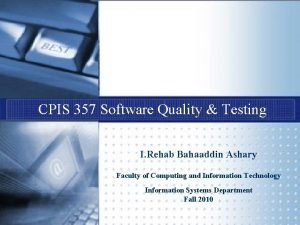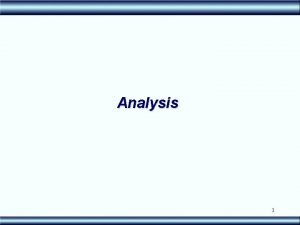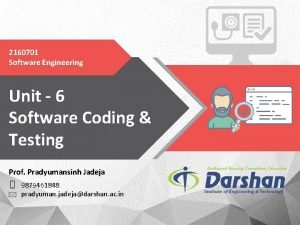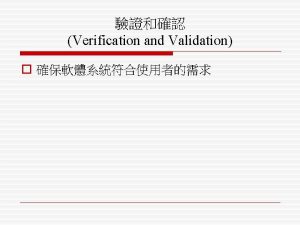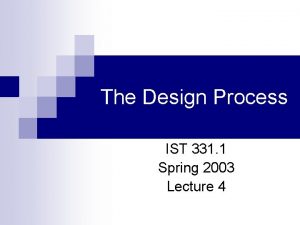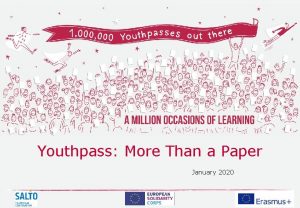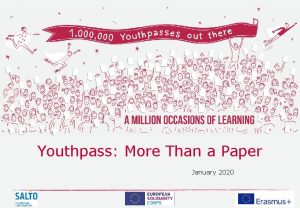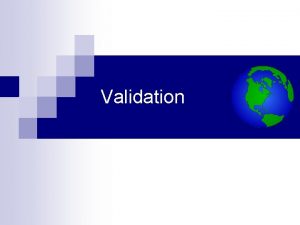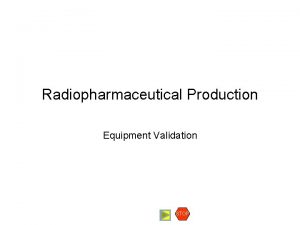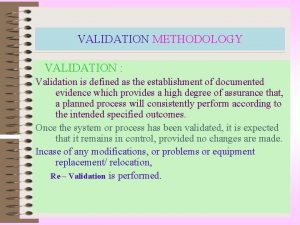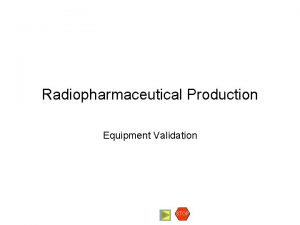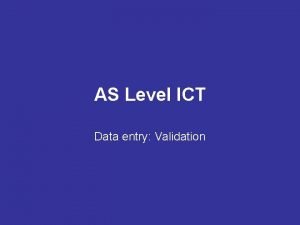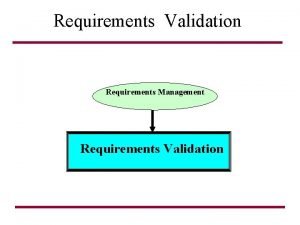YOUTHPASS YOUTHPASS IS Tool of validation and recognition










- Slides: 10

YOUTHPASS

YOUTHPASS IS… Tool of validation and recognition and official certificate validiting and recognising gained key competences within the non-formal learning within the Erasmus + programme.

A ‘validation instrument’ aiming at: § The reflection upon the personal non-formal learning process § The social recognition of youthwork § The employability of young people and youth workers

Who is responsible for issuing Youthpass?

Who is responsible for issuing Youthpass? The project hosting/coordinating organisation is responsible for issuing the Youthpass as well for supporting the participants to assess their non-formal learning experiences.

Who is responsible for issuing Youthpass? The project hosting/coordinating organisation is responsible for issuing the Youthpass as well for supporting the participants to assess their non-formal learning experiences. Formal learning - is purposive learning that takes place in a distinct and institutionalised environment specifically designed for teaching/training and learning, which is staffed by learning facilitators who are specifically qualified for the sector, level and subject concerned and which usually serves a specified category of learners (defined by age, level and specialism). Learning aims are almost always externally set, learning progress is usually monitored and assessed, and learning outcomes are usually recognised by certificates or diplomas. Much formal learning provision is compulsory (school education). Non-formal learning - is purposive but voluntary learning that takes place in a diverse range of environments and situations for which teaching/training and learning is not necessarily their sole or main activity. These environments and situations may be temporarly, and the activities or courses that take place may be staffed by professional learning facilitators (such as youth trainers) or by volunteers (such as youth leaders). Informal learning - From the learner's standpoint at least, this is non-purposive learning which takes place in everyday life contexts in the family, at work, during leisure and in the community. It does have outcomes, but these are seldomly recorded, virtually never certified and are typically neither immediately visible for the learner nor do they count in themselves for education, training or employment purposes.




Thank you for your attention!

